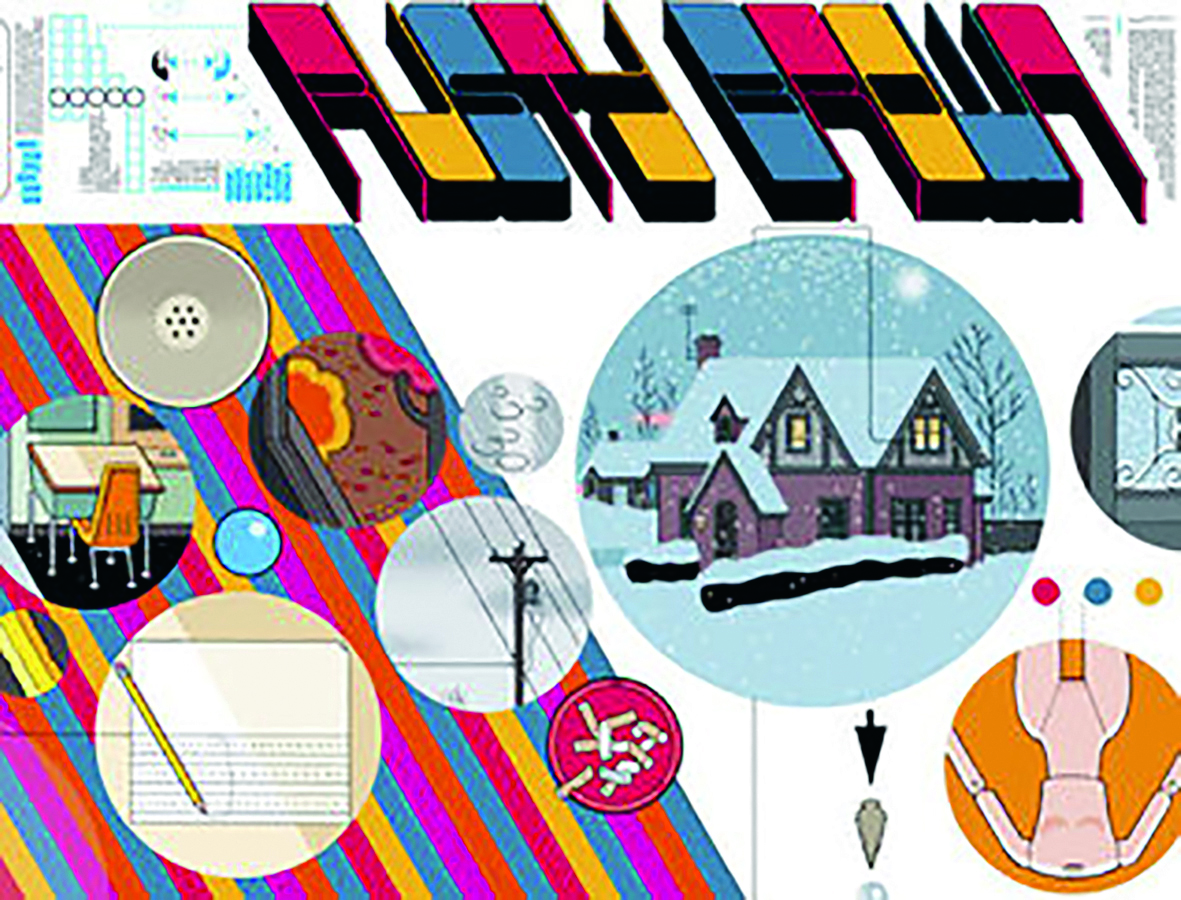This week we have two books that, though very different in style and content, address how we interact with each other on a local, personal level, and how that can shape who we are as individuals and a society.
First up we have Constitution Street by Jemma Neville, a fascinating look at how we might create a kinder and fairer society from the ground up. While the author has a background in human rights law, this is no dry policy document. Instead, Neville starts by looking to her neighbours.
The Constitution Street of the title is a location in Leith that Neville has called home for a number of years. The book has elements of personal memoir, as Neville discusses her own life and how it has brought her to where she is today, alongside the social history of the area and its people.

Most importantly, though, Constitution Street looks at those local interactions we all have every day, and extrapolates that into a framework for how we might form a constitution for a wider society.
With all the machinations in Westminster, it has come into sharp focus that the UK doesn’t have a written constitution, and Neville uses the blueprint of the Universal Declaration of Human Rights to think about how we might create one. Each chapter of the book deals with a separate element of the declaration, and begins with a quote from it, alongside a quote from one of Neville’s neighbours addressing the issue as it affects their life.
It’s a very smart idea and works brilliantly. Neville tackles all the necessities of human existence, from the most basic right to life, on through education, housing, health, religious belief, justice and so on. The genius lies in making all this feel intimate – Neville is a warm and open presence on the page, and the depiction of the people on her street encourages a level of tolerance and understanding that politicians would do well to take on board.










